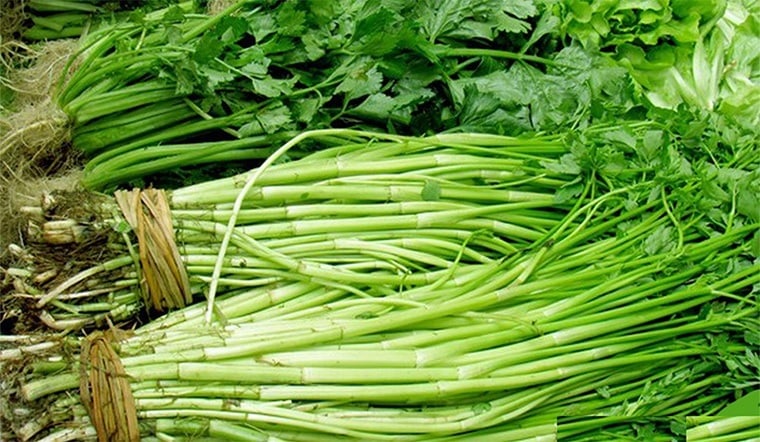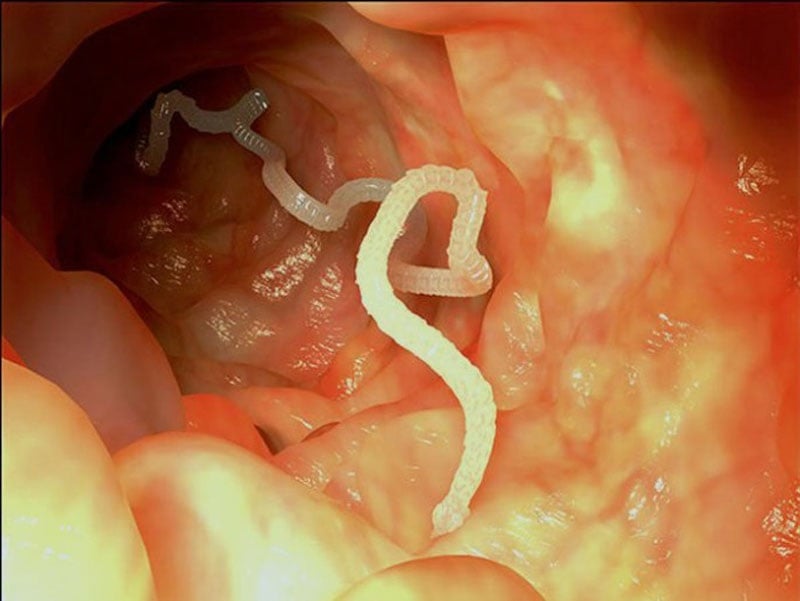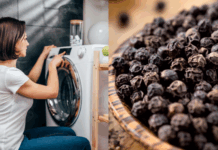Celery
There are two types of celery: the land-grown variety and the water celery cultivated in ponds and shallow waters. The water-grown variety tends to harbor more parasites than its land-grown counterpart. It is important to thoroughly wash, soak in salted water, and properly cook celery before consumption.

Water Spinach
Water spinach tends to have a better flavor profile compared to its land-grown counterpart. It is a good source of vitamins A, B, and C, as well as calcium, phosphorus, and especially iron, making it a suitable choice for individuals with iron deficiencies.
However, due to its growth habit of creeping along the water, water spinach can be a host to various parasites if grown in contaminated environments. Proper washing and soaking in salted water for about 30 minutes are crucial steps before cooking this vegetable.
Water Dropwort
According to research conducted by the US Centers for Disease Control and Prevention (CDC), water dropwort offers exceptional nutritional value, earning a perfect score of 100 for its nutritional content.
Nevertheless, water dropwort can become a haven for parasites if grown in heavily polluted water. When consuming this vegetable, thorough washing is essential. If eaten raw, it is advisable to consume only water dropwort grown on land. Individuals with hyperthyroidism should refrain from consuming water dropwort due to its high iodine content.
Signs of Intestinal Schistosomiasis
When people consume aquatic vegetables that are not properly cooked, they may ingest schistosome larvae, which then enter the small intestine. The larvae attach themselves to the intestinal wall, leading to an infection. It takes approximately 90 days for the larvae to mature once they enter the body.

Additionally, individuals infected with intestinal schistosomiasis often experience abdominal pain in the lower abdomen, along with diarrhea. If left untreated, the disease can progress to a severe stage, leading to edema and fluid accumulation in various organs, potentially threatening the patient’s life.
Prevention of Intestinal Schistosomiasis
Treating intestinal schistosomiasis is not challenging if detected and treated early. To prevent this disease, it is advisable to refrain from consuming aquatic vegetables that are not thoroughly cooked. Furthermore, avoid using fresh manure as fertilizer for crops, especially those grown in water.
































